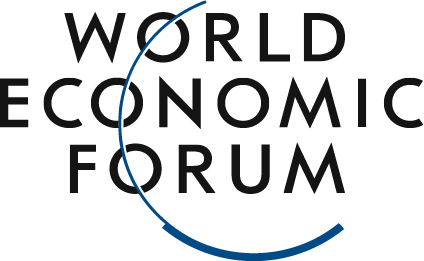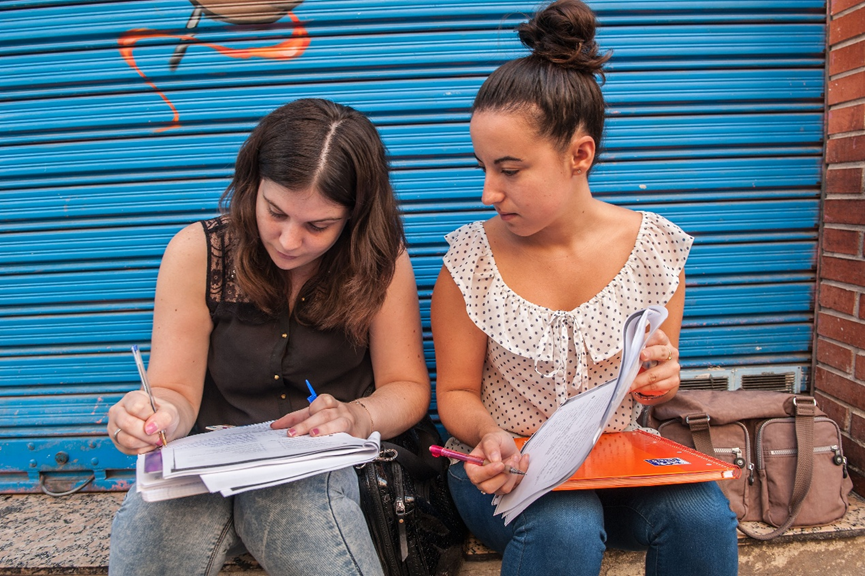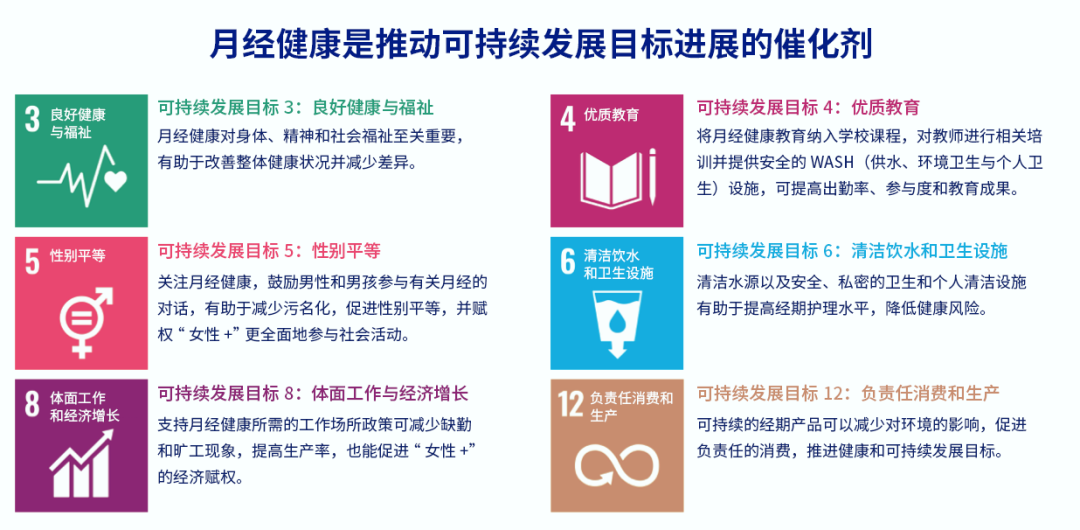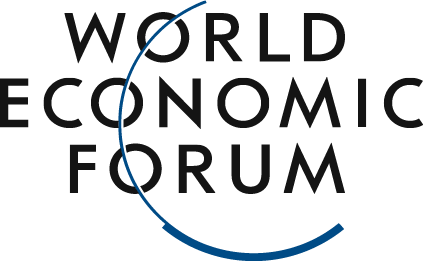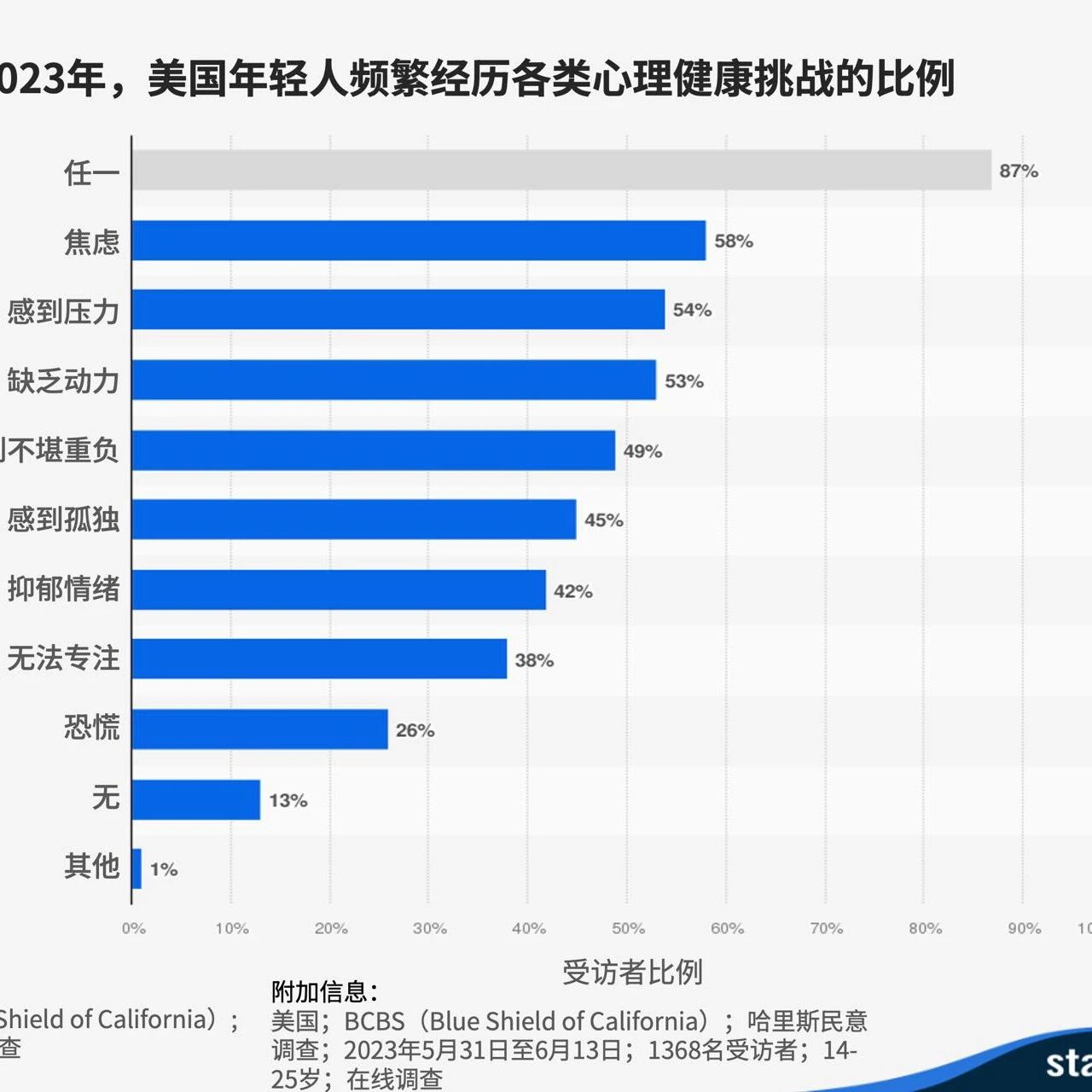Closing the gap in menstrual health requires collaborative efforts from all stakeholders, which also helps advance the United Nations Sustainable Development Goals.
Image source:Raquel Clausi/Getty Images for Team SCA
Sahil Tesfu
Chief Strategy and Sustainability Officer at Aesop
Michelle Williams
Professor at the Harvard T.H. Chan School of Public Health
The disparities and inequalities stemming from menstrual health impact people worldwide, affecting their dignity, health, education, employment, and social lives.
Closing the gap in menstrual health is crucial for advancing gender equality and achieving the United Nations Sustainable Development Goals.
Decision-makers, educators, employers, healthcare providers, and civil society can work together to make menstrual health a global priority.
The United Nations Sustainable Development Goals (SDGs) serve as a roadmap toward a more equitable and sustainable future, with gender equality at their very core. Yet, despite menstruation health being critical to gender equality—and constituting a fundamental human rights issue—it continues to be profoundly overlooked within the SDGs.Neglected menstrual health can exacerbate gender inequality, limiting educational, economic opportunities, and social participation. Conversely, improving menstrual health can advance gender equality and foster sustainable development.The menstrual health gap refers to disparities and inequalities related to menstrual health, primarily manifesting in four key areas and affecting the health and dignity of millions of people worldwide during their periods.- Accessing safe and affordable menstrual care products
- Accessing clean water and using safe, private sanitation facilities
- Gain comprehensive and accurate information and education
- An environment free from taboos and stigma
Over 1.8 billion women, girls, non-binary individuals, and transgender people experience menstruation every month. Yet, millions still lack access to the products, facilities, and information they need. As a result, many struggle to navigate their menstrual cycles in a healthy and dignified way—without being stigmatized. It’s time to make menstrual health a global priority and address the widespread disparities in menstrual care that persist around the world.Menstrual Health, Gender Equality, and the Sustainable Development GoalsMenstrual health—encompassing access to period-related information, resources, and a non-discriminatory environment—is critical for gender equality and advancing several Sustainable Development Goals.If women and girls lack access to menstrual care products, safe and private hygiene facilities, and inclusive, comprehensive menstrual health education, their participation in education (SDG 4), economic activities (SDG 8), and both public and private life will be limited—perpetuating a cycle of inequality. Removing barriers to menstrual health can accelerate progress toward gender equality (SDG 5) and help build more inclusive, equitable societies.Of the 17 Sustainable Development Goals, 6 are closely linked to menstrual health:The link between the United Nations Sustainable Development Goals and menstrual health.
Image source:Essity, 2024
Sustainable Development Goal 3: Good Health and Well-being——Menstrual health is the cornerstone of public health.Menstrual health impacts physical, mental, and social well-being. Poor menstrual health can increase the risk of reproductive tract infections, affect mental health, and even lead to complications that undermine quality of life.Currently, there is still a global shortage of comprehensive menstrual care, accurate and inclusive information, and timely diagnosis of menstrual health—yet these are essential for achieving Sustainable Development Goal 3.Sustainable Development Goal 4: Quality Education — Menstrual health can accelerate educational outcomes.Stigmatizing menstruation and the lack of menstrual health facilities in schools pose significant barriers to education. A 2021 survey in Japan revealed that 18% of teenagers reported missing school or having to leave early due to their periods, while 32% said they felt like skipping class but still chose to stay and attend lessons. Currently, only 39% of schools worldwide offer menstrual health education.Integrating menstrual health into school curricula, involving both adult men and boys, training teachers and principals, and providing WASH facilities can boost attendance, engagement, and educational outcomes. Launching menstrual health initiatives in schools not only safeguards students' right to education but also accelerates progress toward Sustainable Development Goal 4.Sustainable Development Goal 5: Gender Equality—Empowering Women Through Menstrual HealthMenstrual health is closely linked to gender equality, as menstrual experiences are shaped by social, economic, and structural inequalities. Menstrual stigma reinforces negative gender stereotypes and norms, perpetuating long-standing issues of harassment and discrimination.Ensuring access to menstrual health education and facilities for everyone, along with fostering a supportive, respectful, safe, and stigma-free environment, is a critical step toward achieving gender equality and empowerment.Sustainable Development Goal 6: Clean Water and Sanitation — Period-Friendly InfrastructureIt’s crucial to have access to clean water for washing your body and hands, as well as safe, private sanitation facilities for changing clothes, hygiene practices, or managing menstrual products—but unfortunately, many people still lack access to these essential infrastructures.Sustainable Development Goal 6 emphasizes "paying special attention to the needs of adult women and girls," yet currently, 427 million children lack access to adequate sanitation services, and 646 million children attend schools that don’t have facilities for washing hands with soap and water. One-third of schools still lack basic sanitation services, while fewer than 31% provide bins specifically designed for disposing of menstrual waste.Whether at home, in the workplace, at school, or in public spaces, ensuring access to proper WASH facilities is essential.Sustainable Development Goal 8: Decent Work and Economic Growth – Menstrual Health in the WorkplaceThe workplace is a crucial platform for menstrual health. Implementing policies that accommodate the needs of the menstrual cycle—including menopause and perimenopause—can empower women economically, ensure their safety, and boost productivity.Many "women plus" still face discrimination, harassment, and stigma in the workplace due to taboos surrounding reproductive health. On top of this, symptoms like premenstrual syndrome, endometriosis, menopause, and perimenopause can lead to absenteeism and missed workdays. These challenges not only hinder their career advancement and reduce economic participation but also exacerbate the gender pay gap. Therefore, menstrual health is essential for achieving full and productive employment.Sustainable Development Goal 12: Responsible Consumption and Production – More Sustainable SolutionsThe environmental impact of menstrual products is a serious issue—non-biodegradable sanitary pads and tampons exacerbate the global waste crisis. Sustainable solutions, such as reusable menstrual cups, period-proof underwear, and biodegradable products, can help minimize our ecological footprint.By adopting eco-friendly alternatives and improving treatment methods, we can align menstrual health with responsible consumption and production.Collaboration: Making Menstrual Health a PriorityDespite some progress, closing the menstrual health gap remains a significant challenge. Without addressing these barriers, gender inequality will persist—and could even undermine the achievement of the Sustainable Development Goals. We need a comprehensive approach that requires coordinated efforts from policymakers, educators, employers, healthcare providers, and civil society to make menstrual health a global priority.As family members, peers, professionals, and leaders, we have the power to prioritize menstrual health in our communities, schools, workplaces, and policy-making processes. By taking meaningful steps—such as advocating for inclusive education, implementing workplace policies, or sharing our own experiences with menstrual cycles—we can all drive significant change.
The above content solely represents the author's personal views.This article is translated from the World Economic Forum's Agenda blog; the Chinese version is for reference purposes only.Feel free to share this in your WeChat Moments; please leave a comment at the end of the post or on our official account if you’d like to republish.
Translated by: Sun Qian | Edited by: Wang Can
The World Economic Forum is an independent and neutral platform designed to bring together diverse perspectives to discuss critical global, regional, and industry-specific issues.
Follow us on Weibo, WeChat Video Channels, Douyin, and Xiaohongshu!
"World Economic Forum"
